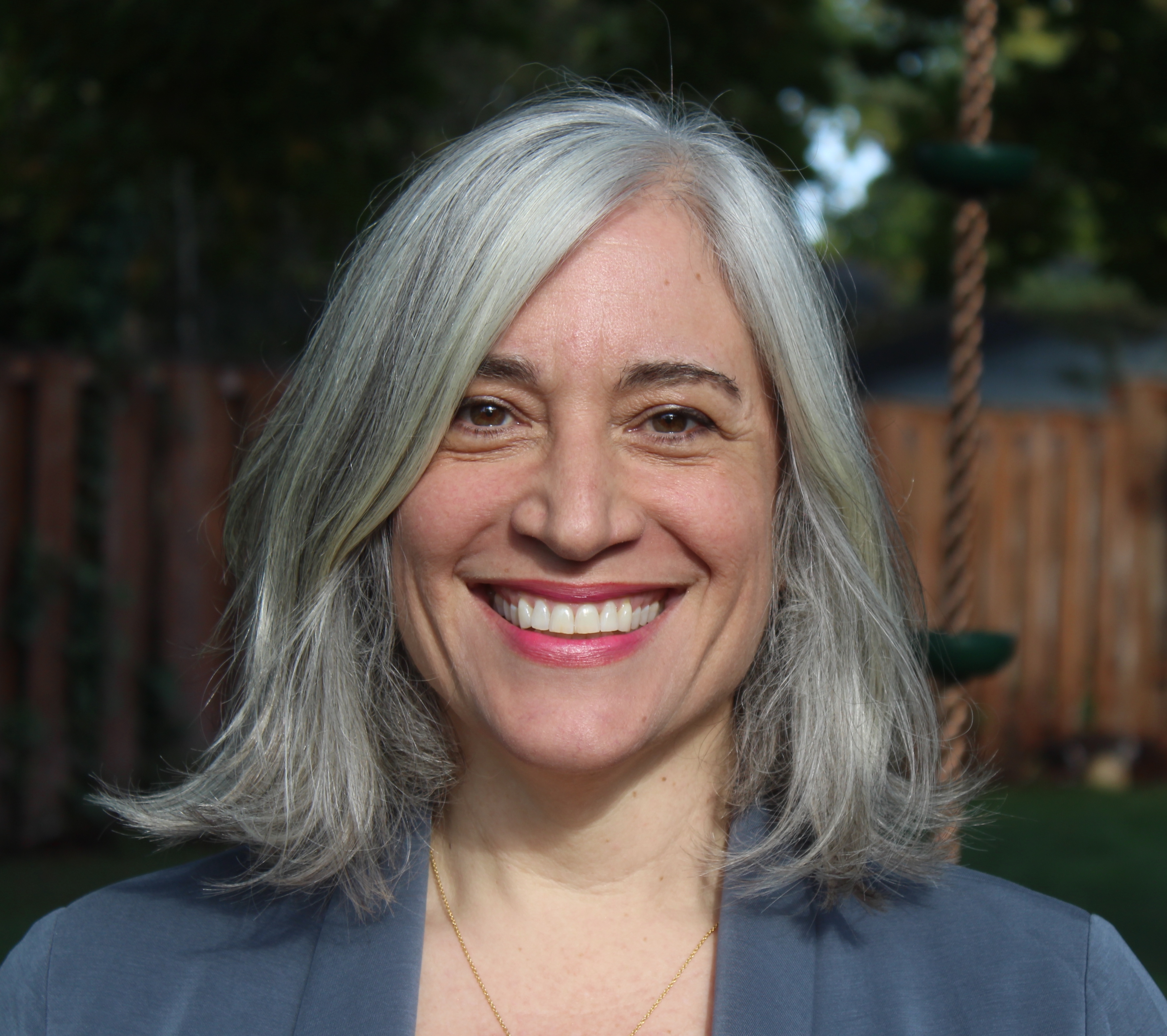- About
About
- Academics
Academics
- Research
Research
- Admissions
Admissions
- Student Life
Student Life
- Athletics
Athletics
- Giving
Giving
- Students, Faculty & Staff
- Parents
- Visitors
- Alumni

Director of Media Relations
Office of Communications and Public Affairs
(610) 758-3224
lof214@lehigh.edu
Lori Friedman is Director of Media Relations in the Office of Communications and Public Affairs. In addition to leading media outreach at Lehigh, she often writes feature stories for the university's online news sites and print publications.
With more than ten years of experience in nonprofit and advocacy communications, Friedman is proud of the work she has done to advance causes related to healthcare, education, science, environmental preservation and social justice. Her media relations and digital communications efforts have been recognized with awards from leading PR industry groups Bulldog Reporter and the Public Relations Society of America (PRSA).
She holds a Masters of Fine Arts and a Bachelor of Arts from the University of California, San Diego.
Physicists Rosi Reed and Anders Knospe lead pioneering experiments at Brookhaven National Laboratory to better understand the strong nuclear force responsible for all matter.
Heiss explores: What's so special about this place?
Rea studies ways to embed fairness in operational systems for service industries, including health care and food distribution.
Lehigh engineers have engineered, built and tested an innovative thermal energy storage
prototype system.
A number of Lehigh faculty have joined in publishing a study in Healthcare that provides “nuanced insights into individuals’ access to health services during the pandemic.”
Jain will lead a delegation of Lehigh students and researchers participating in the UN International Year of Glass 2022 Debriefing Event.
Researchers confirm a relationship between social, economic and demographic factors and the propensity for individuals to engage in behaviors that expose them to Ebola spillover.
Physicists Sera Cremonini and Timm Wrase receive support from the National Science Foundation and firmly establish a string theory and high-energy physics group at Lehigh.
Spearheaded by the McDermott lab at Lehigh, the research demonstrates there are more hydrothermal vents in the deep-sea than previously thought and underscores a need for bathymetric mapping to locate them.
Researchers from Lehigh and Bentley universities publish the first study that confirms a link between lead in water and adverse fetal health outcomes such as low birth weights and preterm births.
Political scientist Anthony DiMaggio, in new book, says fighting fascism must become a regular topic of conversation in homes, schools and elsewhere.
Evan John Musterman's research is at the forefront of laser-fabricated single crystal architectures in glass. He is one of 80 students to receive the highly competitive award through the Office of Science Graduate Student Research program.
Researchers discover an enhanced reaction rate when gold and palladium nanoparticles are placed on a conductive support.
In “Ethically Challenged: Private Equity Storms US Health Care,” Olson examines the negative consequences for healthcare businesses, taxpayers, patients and society; and proposes solutions.
New research reveals that unequal communication, or asymmetry, between two neurons impacts some basic functions of neurons, such as spike timing and rhythmic synchrony, and likely occurs throughout the brain.
The proposed project, which will be installed on a swath of university-owned land on Goodman Campus, is in line with the goals of Lehigh’s Sustainability Strategic Plan 2030.
Y.C. Ethan Yang works with a team of researchers incorporating data on human behavior into a climate-risk modeling framework to improve resilience of critical water, food and energy systems.
Historian Emily Pope-Obeda explores U.S. deportation practices and their impacts, focusing on the 1920s when deportation “came of age.”
The stormwater mitigation project is designed to help the campus achieve one of the goals outlined in Lehigh’s Sustainability Strategic Plan 2030.
University-led consortium will support research, development, testing and public engagement to advance marine renewable energy (MRE) technologies towards commercialization and the development of “powering the blue economy” (PBE) solutions.